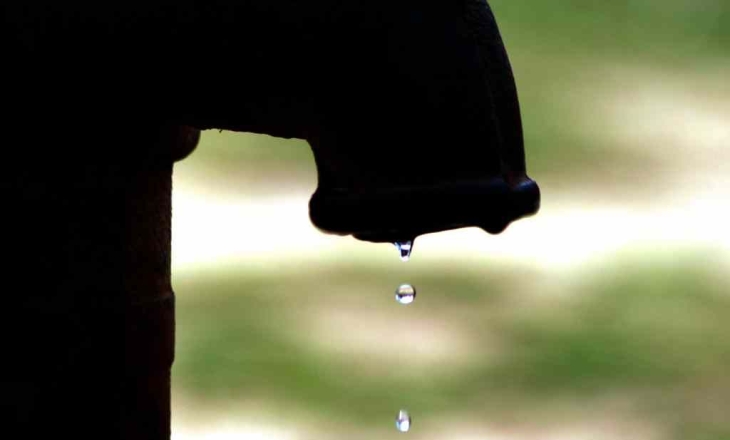ARTICLE 19 has launched The Free Flow Principles: Freedom of Expression and Rights to Water and Sanitation on the ever of World Water Day. The Principles, developed in cooperation with experts and activists from around the world, provide guidance to policy makers and activists on how freedom of expression and information can help secure the rights to water and sanitation.
"While the rights to water and sanitation have been recognised in international law, much more work needs to be done if people across the world are to be able to realise those rights. Freedom of expression and access to information play a crucial role in claiming them," said Thomas Hughes, Executive Director of ARTICLE 19.
"Information and freedom of speech empower people. People must be given access to information about water and sanitation, water-related resources and management. They must be able to voice their concerns on these issues and be able to participate in water and sanitation related decision making," added Hughes.
The Free Flow Principles makes a series of recommendations, including:
- Public bodies and private entities must ensure that the public has access to reliable and accurate information about water and sanitation, as well as effective measures that facilitate the sharing of that information.
- All decision-making relating to the rights to water and sanitation must be democratic and transparent and represent the needs of those affected.
- States must create an enabling environment for individuals to realise their right to freedom of expression in relation to water and sanitation through a variety of means of communication. This includes traditional media, digital media, community media, social networks and mobile telephony.
- States must ensure that journalists, human rights defenders and activists who raise issues relating to water and sanitation can work safely without the fear of physical violence, harassment or intimidation or indiscriminate abuse through criminal and civil proceedings.
- States must ensure that individuals and groups are free to voice their opinions, concerns and demands relating to the rights to water and sanitation through peaceful protest.
- States should support the active, free and meaningful participation of individuals and groups in decision-making processes at a national, regional and local level.
The Free Flow Principles also makes a series of recommendations for other actors, including international bodies, media, donor agencies and private bodies active in water and sanitation sectors.










